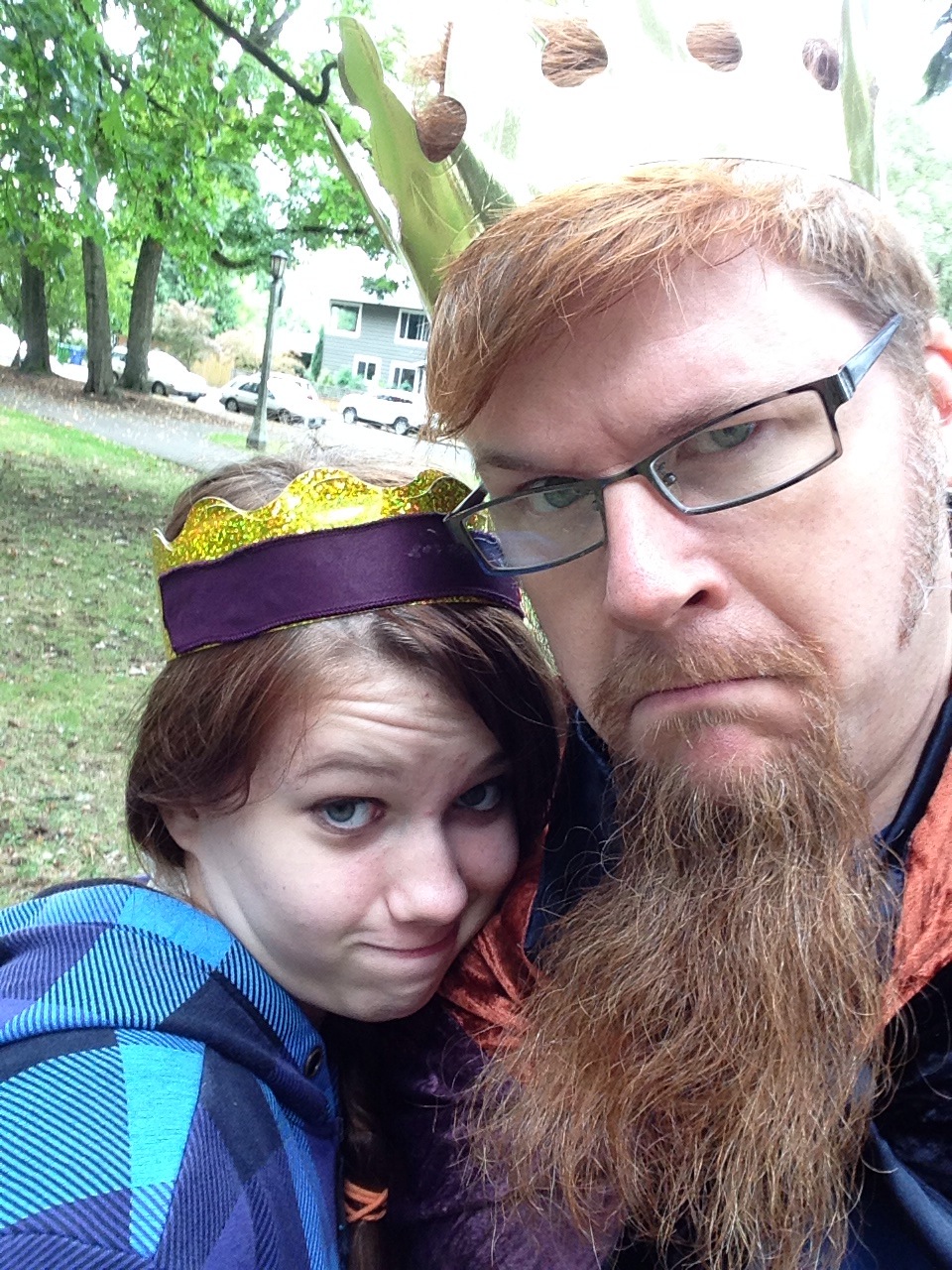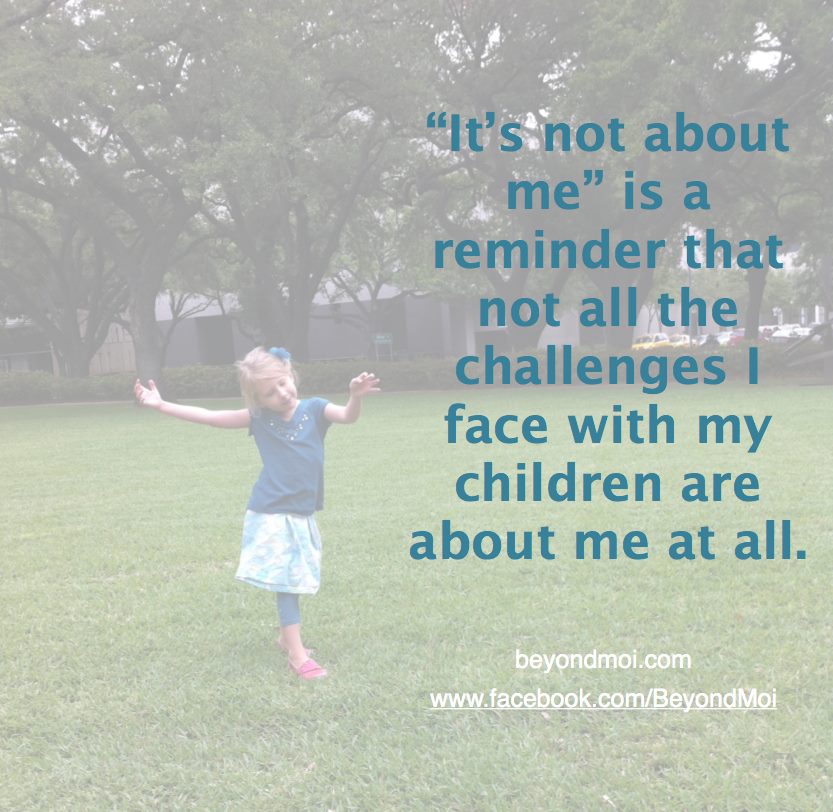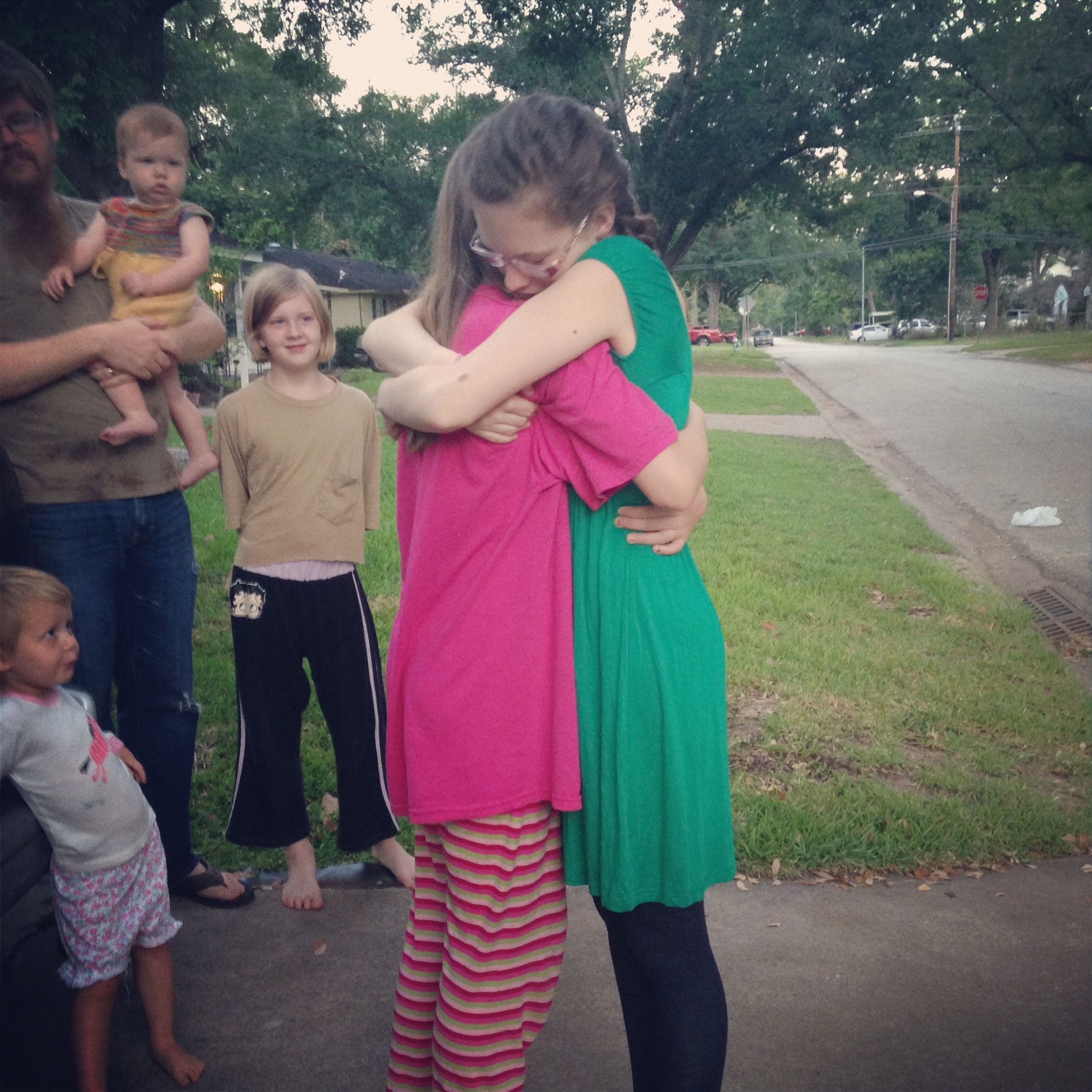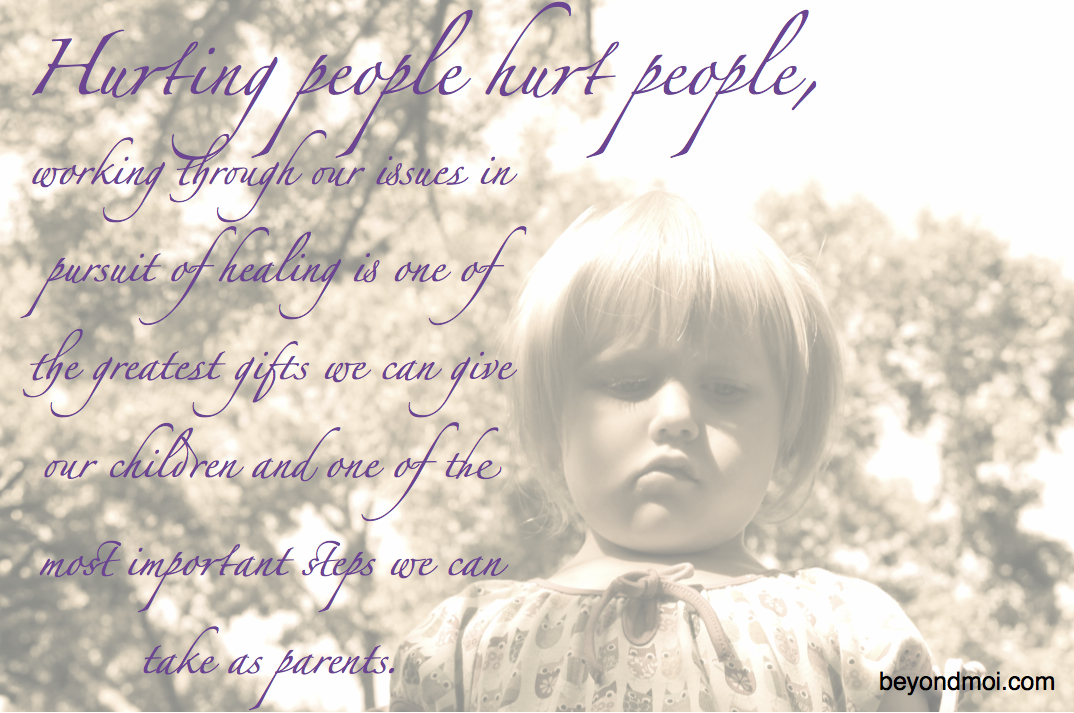
Parents are teachers.
How many times do we say the same thing over and over in the same exact way and the message just doesn’t seem to get through?
As a private piano teacher for 20 odd years, it has been my job to find the exact formula that would reach my student; the metaphor, the illustration, the phrasing. The approach. When my student clearly didn’t grasp a concept I had just brilliantly explained, I would take a deep breath, say “ok” while I scrambled to find a different way of explaining the exact same thing. They weren’t the problem. My teaching approach was. I was careful to make sure that I wasn’t trying to teach them something that was way beyond their comprehension on account of their age or other limitations. Children at certain ages are only capable of so much abstract thought. It wouldn’t do any good to try to explain quantum mechanics to a 4 yr old – or this particular 30 something yr old for that matter. So I carefully selected what I taught based on each individual student. And when it just wasn’t clicking with them, I asked myself two questions: “Are they capable of grasping this?” If the answer was yes, then I would follow up with “How can I explain this differently?”
As parents, we are all private instructors for our own children. Jessica and I happen to be the private instructors for 6 children, each with their own age and developmental advantages and limitations. I’m sure it comes as no surprise that there are times when we feel that we’re just not getting through to one of our children for a period of time. This has been the case with our Storyteller, 13 yrs old, for the last 2-3 years, in regards to her education. We’ve been homeschooling her for the last several years, and we keep coming back to the same wall with her, where we have to go back to square one: Why we’re homeschooling in the first place, and what options we have. “Which option would you prefer?” Inevitably, she prefers homeschooling. And inevitably, she still resents us for wanting to hold her accountable for her education. We think we’re on the same page and then we struggle. We think we’re on the same team, fighting together for a common goal, only to find out that Storyteller thinks she’s fighting against us. Against. And here we were trying so hard to fight alongside her toward the same end.
Do you know how tempting it is to start fighting AGAINST her when that’s how she interprets us trying to fight alongside her? Actually, you probably know exactly how that feels.
Finally, one afternoon, when one of these conversations led to us hearing from Storyteller that she hates her life, I responded with something like this:
“When I hear you say that you hate your life, I wonder: what part of your life are you referring to? The part where your needs are being met: you have a roof over your head and plenty of food to eat? The part where you get to play Minecraft, a game that you wanted for years and now get to play? or where you get to read all day long on no-school days? The part where you have a family that cares for you and parents that support the goals that you set for yourself? Do you realize that when we ask you about how you did reaching your goals today, we’re asking about the goals that you chose? We helped you choose them, but they were goals that you wanted. Did you change your mind about your goals? Because if you did, please inform us so that we can help you reach your new goals. If you don’t tell us when you change your goals it’s really not fair for you to get upset with us for trying to help you hold to your old goals. We love you. And we support your goals because we love you. And we do all the things that we do for you out of love. So when you say that you hate your life, what I hear is that you hate our love for you.”
I tried hard not to make it a lecture. Storyteller has made it abundantly clear that when we lecture her she reacts by digging her heels in, refusing to be controlled, and thinks: “You can’t force me to do anything.” Lecturing is a sure way to establish that we’re fighting against our child, not alongside. So I focused on sharing the way I felt, instead of yelling at her. It was probably too long, but as it was I cut myself short, knowing that the longer it goes the more likely she is to completely tune me out. I allowed space for Storyteller to gather her thoughts and sort her feelings. And when she responded, I was floored.
“I … I never realized … I understand now that you really want the best for me. That you love me, and … that you don’t just do things to annoy me.” Jessica and I just listened for a few minutes, stunned, as our 13 yr old fought back tears and expressed how she just didn’t understand that all the directions we give her, all the suggestions, reminders, all the nagging that we do with her schoolwork and how she spends her time, all of this is done out of our love for her; because we truly do want the best for her. I wondered at first: “is she for real right now?” and quickly determined that yes, she was being 100% genuine. In that moment, our 13 yr old understood, and I felt like a teacher that has finally gotten through to his student.
It was beautiful while it lasted. There are still good days and there are bad days. The good days are still beautiful. And most of the bad ones are usually that way at least in part due to my desire to control my children, if not completely because of it.
Parents are teachers, yes. But they are also students.
I’m still learning how to have a great relationship with my 13 yr old, and it helps when I remember that though there will be fights, I want to fight alongside her. And that we still love each other no matter what, even when we forget that we’re on the same side.
If my only role as a parent is that of teacher and forget to be a student as well, learning from my children who they are becoming and what they need, the battles we fight will not be together against the world, but against each other, and my “teaching moments” will only serve to drive us further apart.
~ Jeremy





